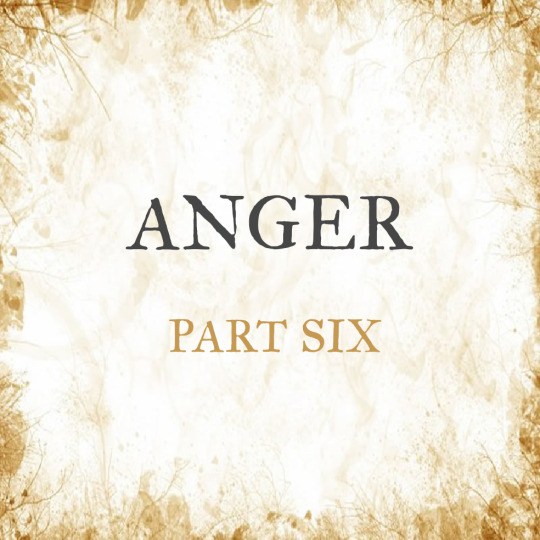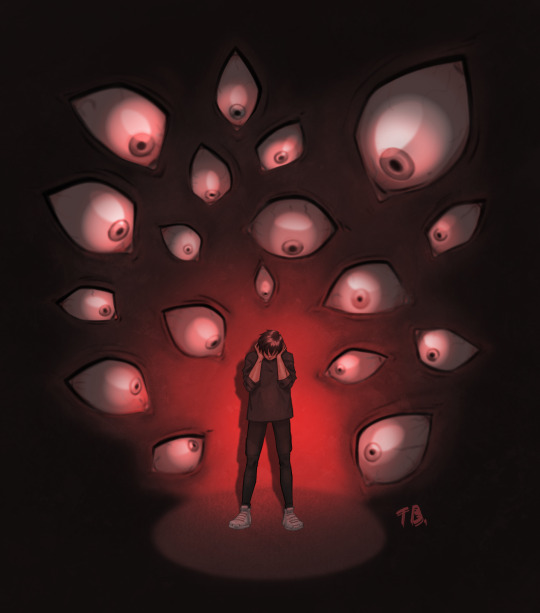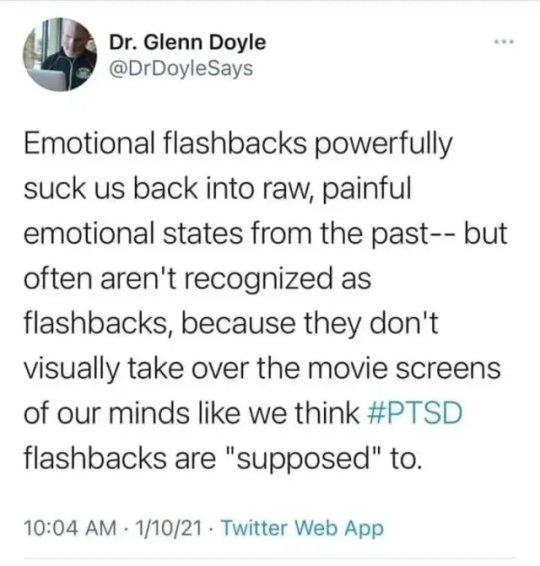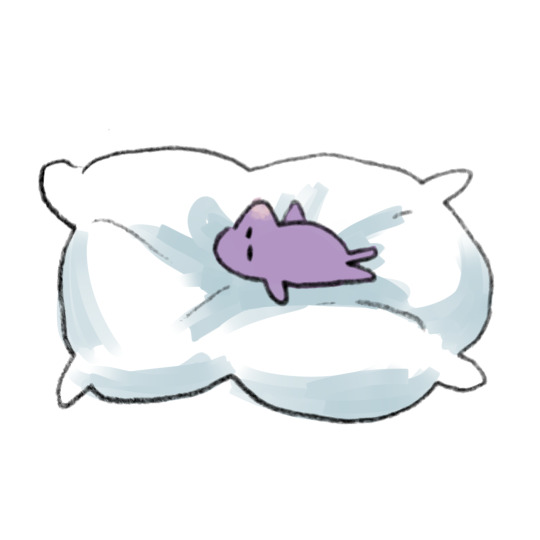#psychological stress
Explore tagged Tumblr posts
Text
I shouldn't have so much grey hair for my age. Sigh.
0 notes
Text
Pinoy commuters' guide to rainy days
If the recent spates of wet weather haven’t clued you in yet, the rainy season has officially arrived in the Philippines. In a recently issued advisory, the Philippine Atmospheric, Geophysical and Astronomical Services Administration (PAGASA) stated that the occurrence of scattered rain showers, frequent thunderstorms, and the Southwest Monsoon (Habagat) over the past few days have brought…

View On WordPress
#commuter health#commuter safety#economic impact#emergency preparedness#flood safety#flood-prone areas#health risks#how to#La Niña#Pagasa advisory#pedestrian safety#Philippines#psychological stress#public transportation#public transportation issues#rainy season#rainy season challenges#rainy season preparation#rainy weather tips#staying dry#traffic congestion#travel delays#travel tips#weather updates#weather-related accidents#wet weather commuting
0 notes
Link
Reducing psychological stress take time and effort, but it is undoubtedly worth it for healthier and happier life. By prioritizing self-care, managing stress-inducing situations and seeking support when necessary- you can effectively minimize the impact of stress on your overall well-being.
0 notes
Text

#positive mental attitude#mental health#mental illness#actually mentally ill#stress#psychology#mentally fucked#meme#funny#funny memes#humor#haha#lol#memes#funny shit#weird memes#funny post#overwhelmed
3K notes
·
View notes
Text
#Mental Health Care US#mentalhealthcare#mentalwellbeing#exercise#healthyeating#mental wellness#diet and mental health#mental health awareness#Nutrition and mental health#psychological stress#mental health disorders#mental health problems#signs of mental illness#schizophrenia symptoms
0 notes
Text
Ok..

#jiraiblogging#jirai girl#jirai onna#landmine girl#landmine kei#landmine type#jiraiblr#jirai kei#landmineblogging#landmineblr#wlw landmine#jirai lifestyle#jiraikei#jirai danshi#jirai#actually mentally ill#mentally fucked#mentally exhausted#mentally unstable#mentally tired#mental health#mental illness#therapy#mistakes#stress#psychology
696 notes
·
View notes
Text

#important reminders#healing#self love#self care#rest is productive#rest is important#resting#mental heath support#tw mental health#mental health#recovery#recovering perfectionist#it girl energy#it girl#pink pilates girl#pink pilates princess#becoming that girl#that girl#feminine health#psychology#neurodivergent#neuroscience#neurodiverse stuff#adhd#bpd#cptsd recovery#stress#nervous system#emotional regulation
494 notes
·
View notes
Text
Seven 'Ps' to 'Terminator' anger. - Part Six - Physical Activity
I often joke about my size, saying there is more of me to love. So, I was in for a surprise when I heard angry people store their anger in their bodies. The bigger they are, the angrier they get. So I googled it, and this is what I found. #MentalHealth
Previously: Part One – Seven Ps to cope; Part Two – Four Ps to prepare; Part Three – Pause; Part Four – Breathe; Part Five – Grounding. The Jolly Fat Man Photo by Ian Robinson on Unsplash My body mass index (BMI) is 35. It is on the cusp between obesity and severe obesity. I often joke about my size, saying there is more of me to love. So, I was in for a surprise when I heard angry people…

View On WordPress
#anger is momentary madness#anger management#coping strategies#maladaptive coping#psychological stress#releasing pent-up emotions
0 notes
Text

#UK#four-day workweek#trial results#company adoption#productivity#revenue growth#employee well-being#reduced stress#burnout#work-life balance#office#work#jobs#psychology
398 notes
·
View notes
Text

#why are you like this#why am i like this#why do i do this to myself#whyyyy#why#idk why#meme#funny#funny memes#haha#humor#lol#memes#funny shit#weird memes#funny post#contemplating life#contemplation#just contemplating#positive mental attitude#mental health#mentally fucked#mental illness#actually mentally ill#stress#therapy#psychology#rest
217 notes
·
View notes
Text

magistrate astarion with an unknown drow woman. rumour has it that they’ve met each other at the night of the lumberg manor scandal and have been inseparable ever since. no information can be found on the drow… maybe she’s one of mamzell amira’s new girls?
anyway. more of the murder mystery au but this time with the hags 🙂↕️🤭 their whole plot is basically them planning to kill one (1) guy but accidentally unveiling this decades long city scale murder conspiracy
#astarion ancunin#oc: shri’iia.#bg3#hag romance.#bg3murdermysteryau.#mine.#now it has a tag! 🤭🙂↕️#they’re not gonna do anything abt that plot tho LOL they’re like my circus but def not my monkeys#also as I was colouring this I realize he doesn’t have to look so deathly bc he’s not a vampire here but I just kept his colours bc he’ll#look weird lol. maybe it’s from the stress. in this au he’s getting psychologically tortured by cazador instead of physical#cazador is also blackmailing him and keeping him in a short leashes hence ^ why they gotta kill that guy#and shri’iia needs a way to return home so if she does that for him he’s gonna arrange a way for her to go back to menzoberranzan#tbh their plot is very tangled LOL this is just an elaborate tangled au essentially
159 notes
·
View notes
Text

Hi there! My name is Bri Pastro and I’m a queer doctoral candidate in Clinical Psychology at Fordham University. I’m a part of a research team collaborating with University of Maine to investigate mental health in rural vs. urban teenagers!
Our study is regarding risk & resilience related to mental health in adolescents. We’re particularly interested in online and interpersonal interactions and how these factor into mental health. Participating includes completing a 25 minute online survey.
In order to participate in this study participants must: Be 15-18 years old, be comfortable reading and speaking English, and live in a rural community OR an urban community in the United States.
If you are interested in participating in the study, please click on the link below. Participants who complete the study will be entered into a raffle to win one of 20, $25 Amazon gift cards.
If you know someone who may be interested, please send them this link!
Thank you for helping me with my doctoral research! Participation is completely voluntary, and participants may end the study at any time. All data is confidential. This study was approved by the Fordham University and University of Maine Institutional Review Boards.
We hope that this research helps us better understand experiences for adolescents across the United States. Please reach out to us at [email protected] with any questions. We are closing recruitment at the end of the month and are putting one last push to get more participants! Please repost as you can :)
#mental health#research#rural#gay#lgbt#lesbian#lgbt+#lgbtqia#psychology#psych#mental health awareness month#mental illness#mental wellness#mental heath support#mental wellbeing#stress#therapy#burnout
210 notes
·
View notes
Text

“All eyes on me”
This art is my visualization of my own anxiety symptoms
#my art#tbartist#psychology#anxitey#eyes#original art#art#bad feeling#small artist#feelings#artwork#depressing shit#actually autistic#nerve damage#stressed out#leave me alone
491 notes
·
View notes
Text

#flashback#living with cptsd#cptsd recovery#cptsd problems#cpstd#psychiatrist#psychiatry#psychology#complex post traumatic stress disorder#medical ptsd#ptsd recovery#complex ptsd#ptsd#childhood trauma
290 notes
·
View notes
Note
wtf did you do to have that many people after you lmfao
i resent the implication that i did something to deserve being treated like shit on the heel of people's shoes for literal years, but if you must know i made a few too many cringe posts and liked problematic media (dream smp) back when that was a big deal. looking back i recognise that i was a bit annoying and that i could have been more reasonable in how i behaved, particularly in response to legitimate criticism, but i want to stress that none of the merciless unthinking cruelty i endured made me want to change or even think i could. i had to rebuild from the ground up after literally falling apart under the stress people were putting on me for their own entertainment because the alternative was fucking killing myself, which i genuinely thought was the answer because i'd been convinced by my bullies that i was a threat to everyone around me and would be doing the world a favour by letting "better" people take my place.
#i cannot stress enough that my crimes were literally just being immature and ignorant#which are certainly worth disliking someone for#but not fucking psychologically torturing them over
499 notes
·
View notes
Text

day 1717
#amphibian#frog#purple frog#ty everyone for the kind tags yesterday :)#now unfortunately this blog runs on a week long queue and i was STILL sick when it posted#fortunately i am finally starting to recover and feel infinitely better than yesterday already#i have this thing where i alway get sick at the start of a vacation and vwry often on long weekends :(#psychological?? stress related?? caused by a shift in routine?? i have no idea
236 notes
·
View notes